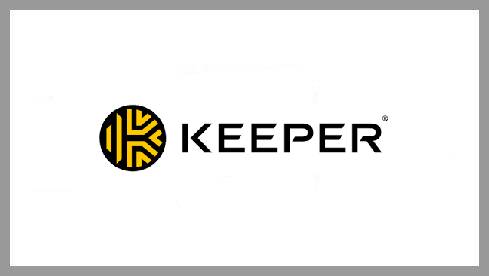Click here to visit Original posting
- AI is lowering the barrier for entry into cybercrime
- Deepfakes and fake websites take minutes to prop up
- Users need to be careful
Sophisticated scam campaigns that used to take cybercriminals weeks to set up can now pop up in minutes, Microsoft is warning. The difference? Generative Artificial Intelligence (GenAI).
The tools that emerged a few years ago, including ChatGPT, Copilot, Midjourney, and many others have not just cut down on time needed to prepare a sophisticated internet scam, they have also lowered the barrier for entry allowing even rookie fraudsters to prepare and run advanced campaigns.
In the latest Cyber Signals report on AI assisted scams, Microsoft said that cybercriminals are using GenAI for more than “just” phishing email copy. They create deepfakes (usually fake videos of celebrities endorsing a project), and create AI-generated “sham websites” mimicking legitimate businesses.

Keeper is a cybersecurity platform primarily known for its password manager and digital vault, designed to help individuals, families, and businesses securely store and manage passwords, sensitive files, and other private data.
It uses zero-knowledge encryption and offers features like two-factor authentication, dark web monitoring, secure file storage, and breach alerts to protect against cyber threats.
Preferred partner (What does this mean?)View Deal
Phishing and fraud
“What used to take scammers days or weeks to create will now take minutes,” Microsoft warned.
But at the end of the day, this is still “just” phishing and fraud - people can mitigate the risk by taking it slow on the internet. Microsoft says the best thing to do is not to be fooled with “limited-time” deals and countdown timers, to only click on verified ads (many scam sites spread through AI-optimized social media ads), and to be skeptical of social proof (scammers can use AI-generated reviews, influencer endorsements, and testimonials to exploit trust people have in social media).
Finally, users should never provide personal or financial information to people reaching out via unsolicited SMS or email messages. “You should never provide a Social Security number, banking details, or passwords to an unverified employer,” it said.
Paying for a job opportunity is almost always a red flag. The best advice is usually the simplest: if it sounds too good to be true, it probably is.
Artificial intelligence will make internet fraud even more dangerous, but with a little common sense and a little care - it doesn’t have to be successful.
You might also like
- A deepfake epidemic is coming as survey shows that people are simply not good enough at identifying fakes
- Take a look at our guide to the best authenticator app
- We've rounded up the best password managers